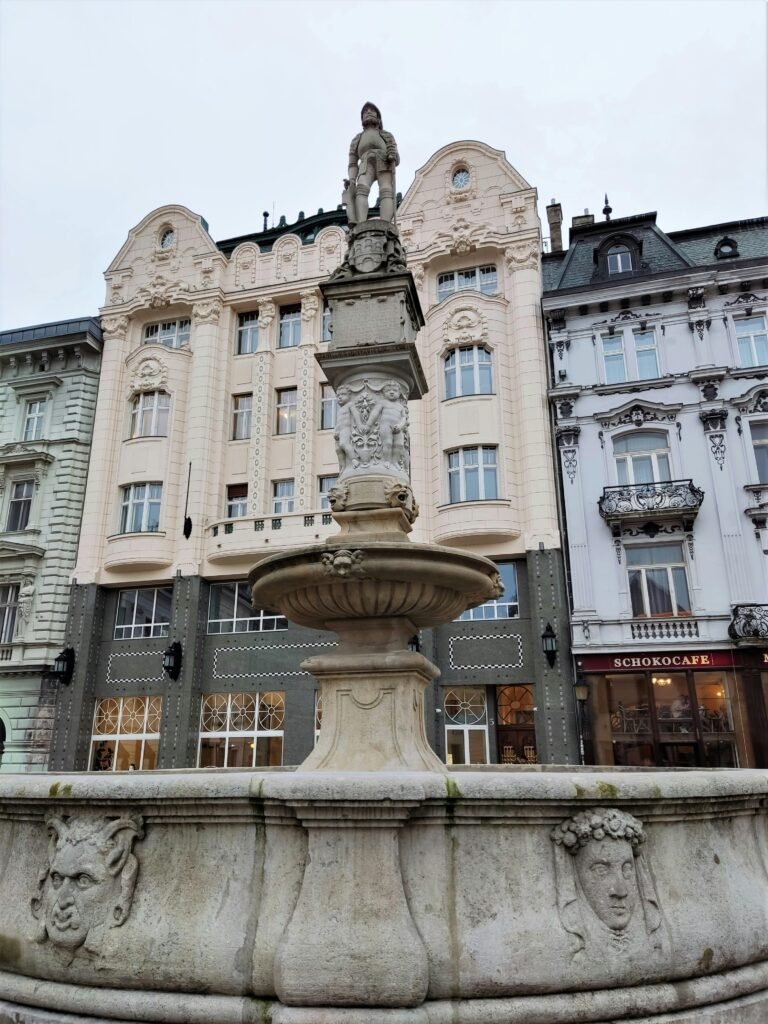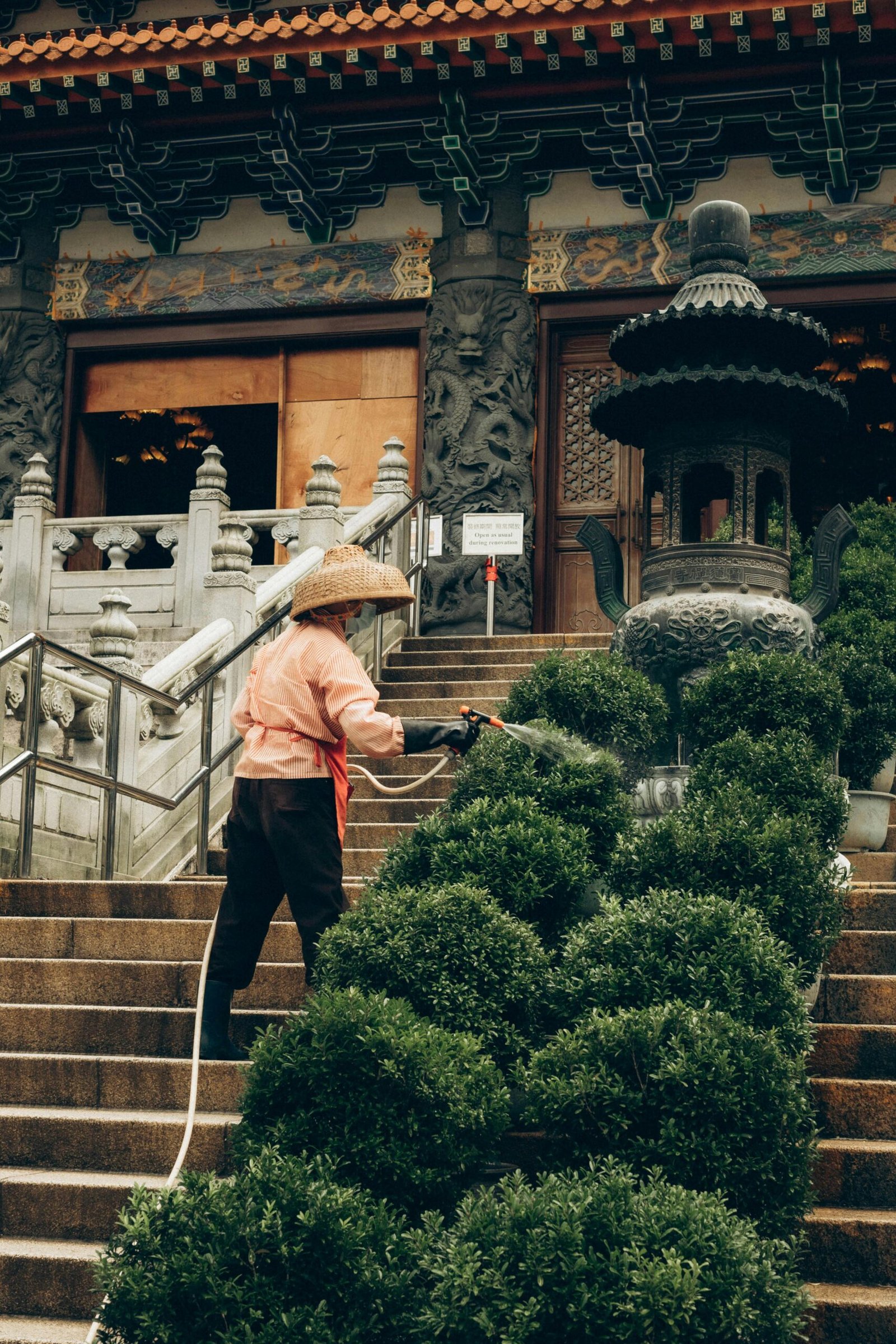In today’s fast-paced world, it’s easy to overlook the significance of preserving historical crate details. Often overshadowed by grander artifacts and monuments, these humble containers hold an untold narrative of our past. From the intricately carved designs on wooden crates to faded labels marking their origins, each detail whispers stories of human ingenuity, cultural exchanges, and the profound impact of trade throughout history. This article sheds light on the hidden value of historical crate details and why preserving them is essential in honoring our collective heritage.
Importance of Preserving Historical Crate Details
Preserving historical crate details is crucial for several reasons. By safeguarding these details, we are not only preserving our cultural heritage but also establishing a strong connection to the past. The historical significance of these crates provides us with valuable insights into our history and helps enhance the accuracy of our interpretation of the past. It promotes research, education, and the preservation of authenticity. Furthermore, valuing historical artifacts and their unique features not only contributes to tourism and cultural exchange but also helps create a sense of identity and community.

This image is property of images.pexels.com.
Preserving Cultural Heritage
Historical crate details play a significant role in preserving our cultural heritage. Crates have been used for centuries to transport goods around the world, and each crate tells a story about a particular time, place, and culture. Whether it is the materials used, the craftsmanship involved, or the markings and labels on the crates, these details hold immense historical value. By preserving them, we can ensure that future generations have a tangible link to their past and can appreciate the cultural diversity that has shaped our world.
Creating a Connection to the Past
Preserving historical crate details allows us to create a strong and personal connection to the past. When we examine these crates and the stories they hold, we can imagine the journeys they undertook, the people who handled them, and the historical events they witnessed. This connection can be powerful and evocative, as it enables us to empathize with those who came before us and gain a deeper understanding of their experiences. By preserving these details, we keep their stories alive and ensure that our connection to the past remains intact.
Understanding Historical Significance
Examining historical crate details provides us with valuable insights into the historical significance of various objects and events. The materials, construction techniques, and design elements used in these crates can tell us a great deal about the historical context in which they were created. For example, the use of certain types of wood or metal can reveal trade routes, economic systems, and technological advancements of the time. By studying these details, historians and researchers can obtain a more comprehensive understanding of our history and its impact on society.
Enhancing Historical Accuracy in Interpretation
Preserving historical crate details is crucial for enhancing the accuracy of historical interpretation. When curators, historians, and museum professionals examine these crates, they can gather essential information about the objects they contained, their original purpose, and how they were used. This knowledge allows for more accurate exhibitions and displays, ensuring that the history presented to the public is as faithful to the past as possible. Historical accuracy fosters a deeper appreciation for the significance of our shared heritage and builds trust in the authenticity of the artifacts displayed.

This image is property of images.pexels.com.
Promoting Research and Education
By preserving historical crate details, we provide researchers and educators with invaluable resources for their work. These crates offer a wealth of information about the objects they once contained, shedding light on manufacturing practices, trade networks, and cultural exchanges. Researchers can study the construction techniques, inscriptions, and labels on these crates to uncover hidden stories and draw connections to broader historical narratives. Additionally, educators can utilize these details to engage students and promote a deeper understanding of history, fostering a love for learning and encouraging future research.
Preserving Authenticity
Preserving historical crate details is essential for maintaining the authenticity of our historical artifacts. When we safeguard these details, we ensure that the objects they contain are accurately represented and that their historical integrity is upheld. Authenticity is a vital aspect when it comes to presenting historical artifacts, as it allows visitors to museums, exhibitions, and heritage sites to connect with the past in a genuine and meaningful way. By preserving crate details, we honor the craftsmanship, design, and historical value of these artifacts and preserve their true essence for future generations.

This image is property of images.pexels.com.
Valuing Historical Artifacts
Preserving historical crate details demonstrates our appreciation and value for historical artifacts. By recognizing the significance of these crates and the stories they hold, we acknowledge the role they play in shaping our understanding of the past. Valuing historical artifacts is not only a reflection of our respect for the craftsmanship and artistry involved but also a testament to our commitment to preserving our collective memory. By treating these artifacts with care and preserving their accompanying crate details, we ensure that they are cherished for their historical and cultural value.
Preserving Rare or Unique Features
Historical crate details often contain rare or unique features that are worth preserving. Whether it is intricate carvings, exotic materials, or distinctive markings, these features can differentiate a crate from others and make it historically significant. Preserving these details allows us to admire the uniqueness of each crate and appreciate the skill and artistry of the craftsmen who created them. By safeguarding these rare or unique features, we honor the individuality of each crate and preserve a diverse representation of our historical artifacts.
Promoting Tourism and Cultural Exchange
Preserving historical crate details contributes to promoting tourism and facilitating cultural exchange. Visitors are often captivated by the historical significance and the stories behind these crates, which can attract tourists to specific destinations. By showcasing well-preserved crates and their accompanying details, museums, heritage sites, and historical landmarks can attract visitors who are eager to learn and immerse themselves in the cultural heritage of a particular place. This promotion of tourism and cultural exchange not only benefits local economies but also fosters a broader understanding and appreciation of diverse cultures.
Creating a Sense of Identity and Community
Preserving historical crate details helps create a sense of identity and community. By recognizing and celebrating our shared history, we strengthen the bonds that tie us together as a society. Historical crate details remind us of our collective heritage and highlight the contributions and experiences of various communities. This sense of identity builds a strong foundation for a community, fostering a deeper connection between individuals and their shared history. Preserving these details ensures that future generations have the opportunity to maintain a sense of identity and a feeling of belonging to their community.
In conclusion, preserving historical crate details is of utmost importance for various reasons. It helps us preserve our cultural heritage, create a connection to the past, understand historical significance, enhance historical accuracy in interpretation, promote research and education, preserve authenticity, value historical artifacts, preserve rare or unique features, promote tourism and cultural exchange, and create a sense of identity and community. By safeguarding these historical crate details, we ensure that our history remains alive, our heritage is respected, and our connection to the past remains unbroken.
